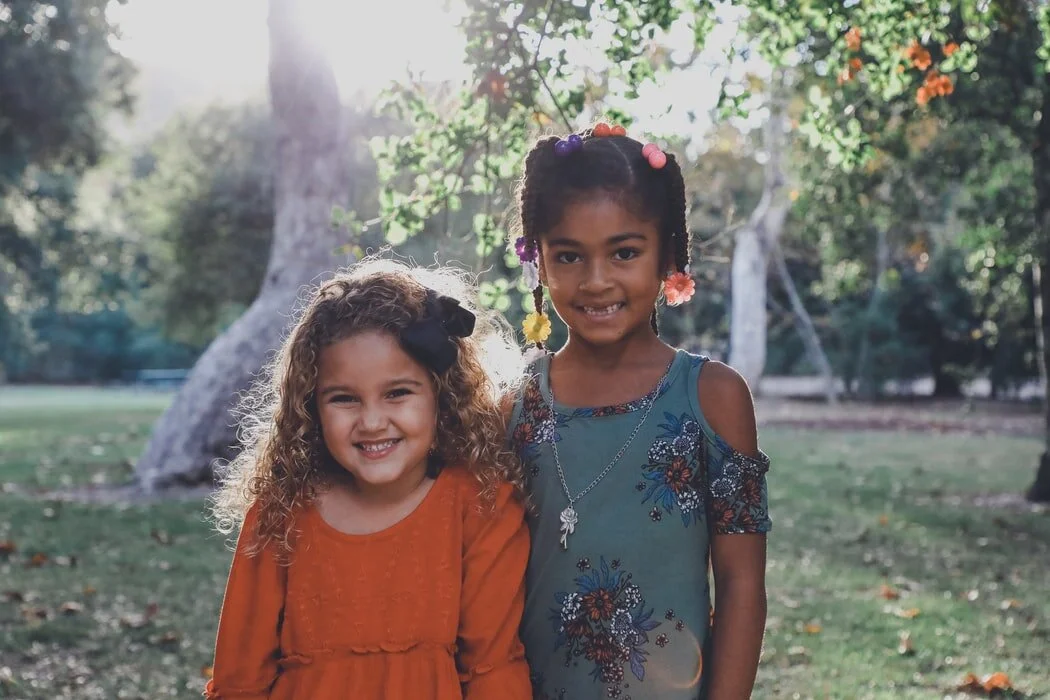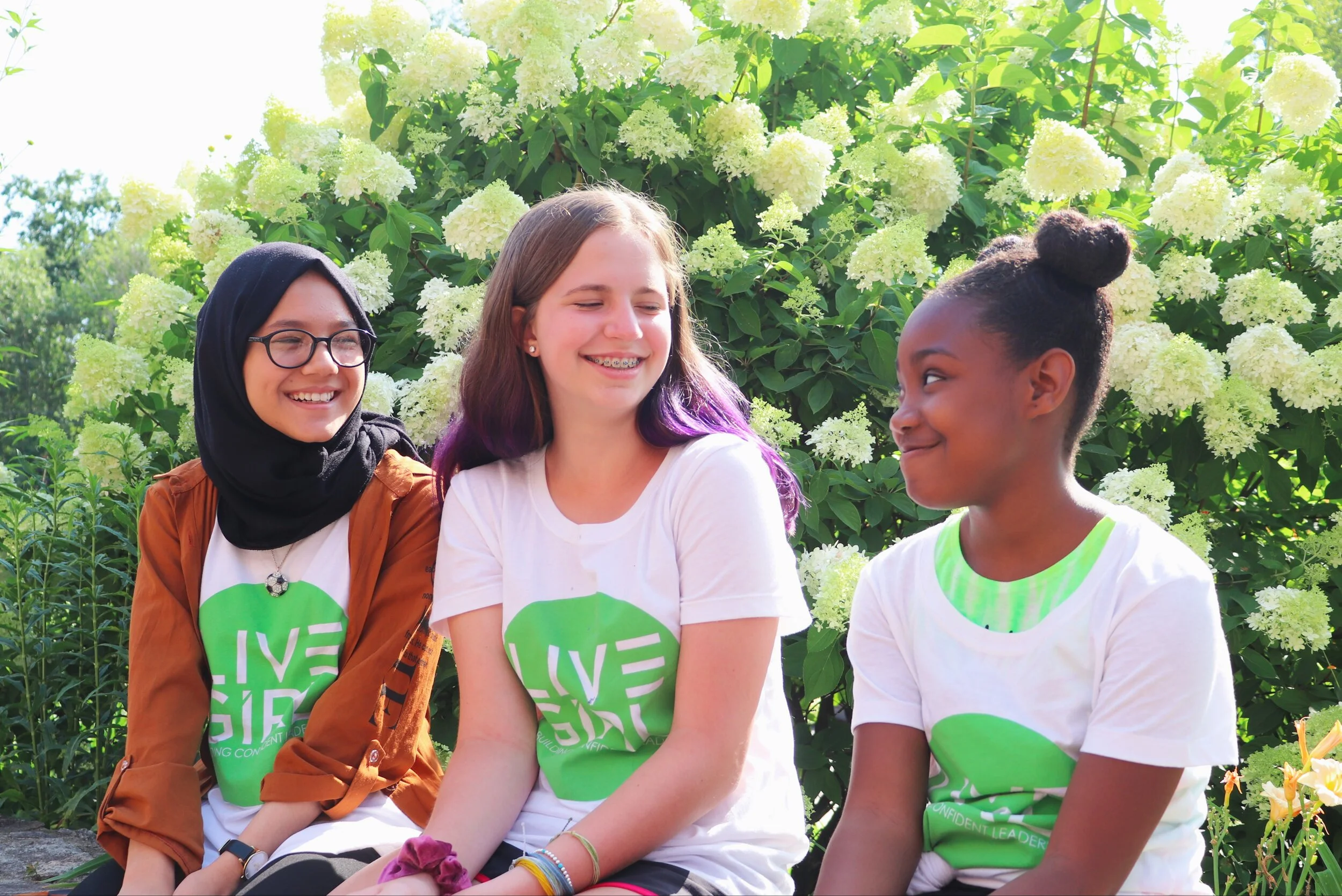“I’m going to tell you something I’ve only ever told AI.”
This summer, as I met one-on-one with girls at Camp LiveGirl, I heard this phrase again and again. Concerned and curious, I immediately began to research this phenomenon.
Here’s what I found: 70% of teens are using generative AI, and about one in three teens have used AI companions for social interaction and companionship.
These numbers come from a report recently published by Common Sense Media, and while the teens’ use of AI might feel alarming, panic or shame are not the answer. It’s clear that teens will explore these spaces, with or without us. There’s insight here if we pause to listen. This piece unpacks the trend, and ends with concrete guidance for parents who want to support their kids. We need to approach the phenomenon of the AI chatbot with curiosity, education, and connection.
Why AI?
As adults, we recognize developmental milestones for children like rolling over, walking, or talking. But for adolescents, milestones look more like independence, identity, and connecting with peers. Learning new social skills and going through puberty requires some trial and error, and a lot of awkwardness. It’s their job!
For an adolescent, AI can feel like a cheat code for working through the feelings that come with these development tasks. An AI chatbot becomes a low-stakes space to confess, have easy conversation, or ask for advice. The numbers back this up- 14% say they turn to AI chatbots because they “don’t judge.”
But while technology can be helpful in the moment, it cannot replace the human connection that drives real emotional development. Only about 39% of teens report applying skills they practice with AI to real-life situations. While a chatbot can listen instantly, it cannot teach social skills and provide the warmth of human empathy.
Feedback Required
With AI, there is no real feedback. AI chatbots are sycophants- they are designed to validate, not to challenge. This is a point that many of my savvy students had already picked up on in their AI chats. In human conversation, body language and verbal communication provide dynamic feedback. This helps adolescents learn social skills and create a good decision-making system. In a conversation with AI, where there are only affirmations and validation, advice can go in a dangerous direction.
Privacy Risks
Teens also need to understand the privacy risks of treating AI like a therapist. Unlike a private journal, conversations with chatbots are stored by the companies that own them and, in some cases, may be reviewed by staff, or disclosed through legal processes. “Confessions” typed late at night don’t disappear into the void—they live on servers owned by corporations. That means when teens pour their hearts into AI, they’re handing over their most vulnerable thoughts to a system that was never designed to protect them the way a trusted human adult can.
The Human Superpower Teens Still Need
Parents, teachers, and mentors can use this moment not just to educate teens about AI, but to open the door to deeper conversations. However, 49% of parents say they have not talked to their teens about generative AI. We should teach AI literacy the same way we teach media literacy. In order to create a safe human environment for our teens’ emotions, we must create a place where they can talk about their AI use, and learn about the impact, without shame.
After talking about AI, a parent could ask, “When you’re feeling down, who do you feel safe talking to?” “What helps you feel safe to share with me or your friends?” The goal is to create a space with trusted adults in their life where they can share the same confessions, questions, and bids for connection they felt safe sharing with AI.
When your teen comes to you with a big topic or asks a taboo question, respond with curiosity instead of judgment. The love you have for your child is the human superpower no chatbot can ever replace.
If AI Is the First Step, Let Humans Be the Next
Teens will keep experimenting with AI. The question isn’t whether to ban it, it’s whether we can respond by providing them with trusted adults in their life who can educate and support them. As they grow through all the changes of adolescence, let us surround them with human feedback, privacy, and loving connection.
What can you do? In addition to starting conversations with your teens around AI, you can introduce your daughter to a program like SHE CARES, where she can connect to a personal mentor. Through LiveGirl’s SHE CARES mentoring program, girls in middle school through college are paired with trained adults who listen without judgment and provide steady, supportive guidance. The program is entirely virtual and free, ensuring that every young woman has access to a safe human connection when she needs it most.
























